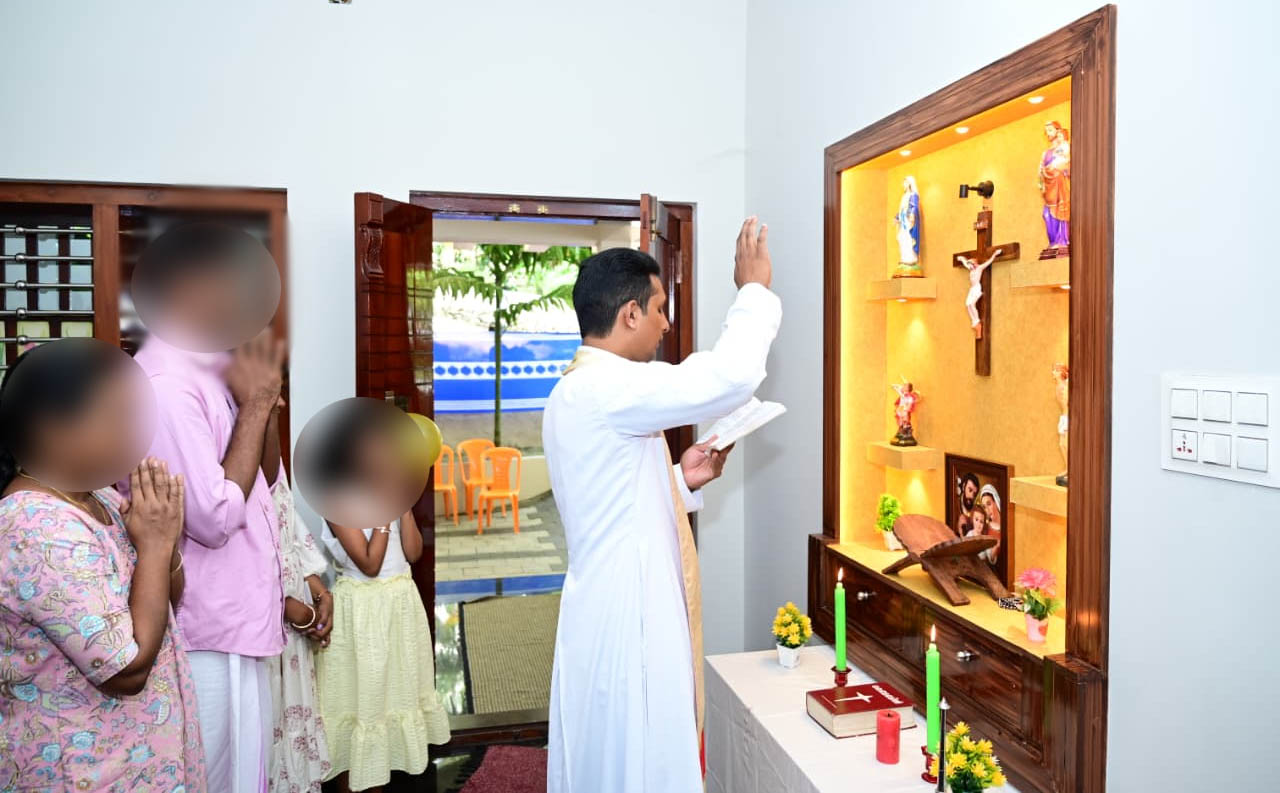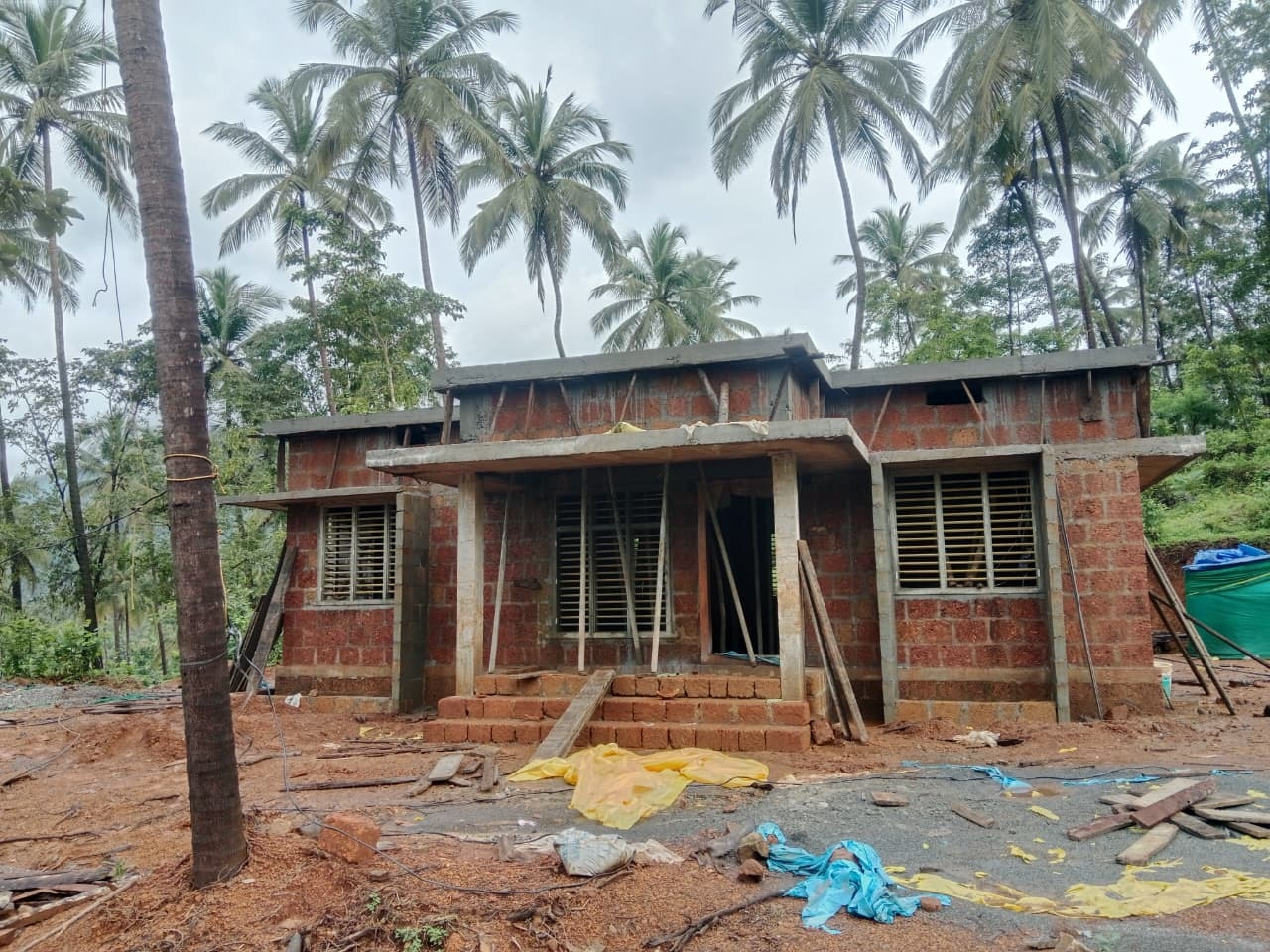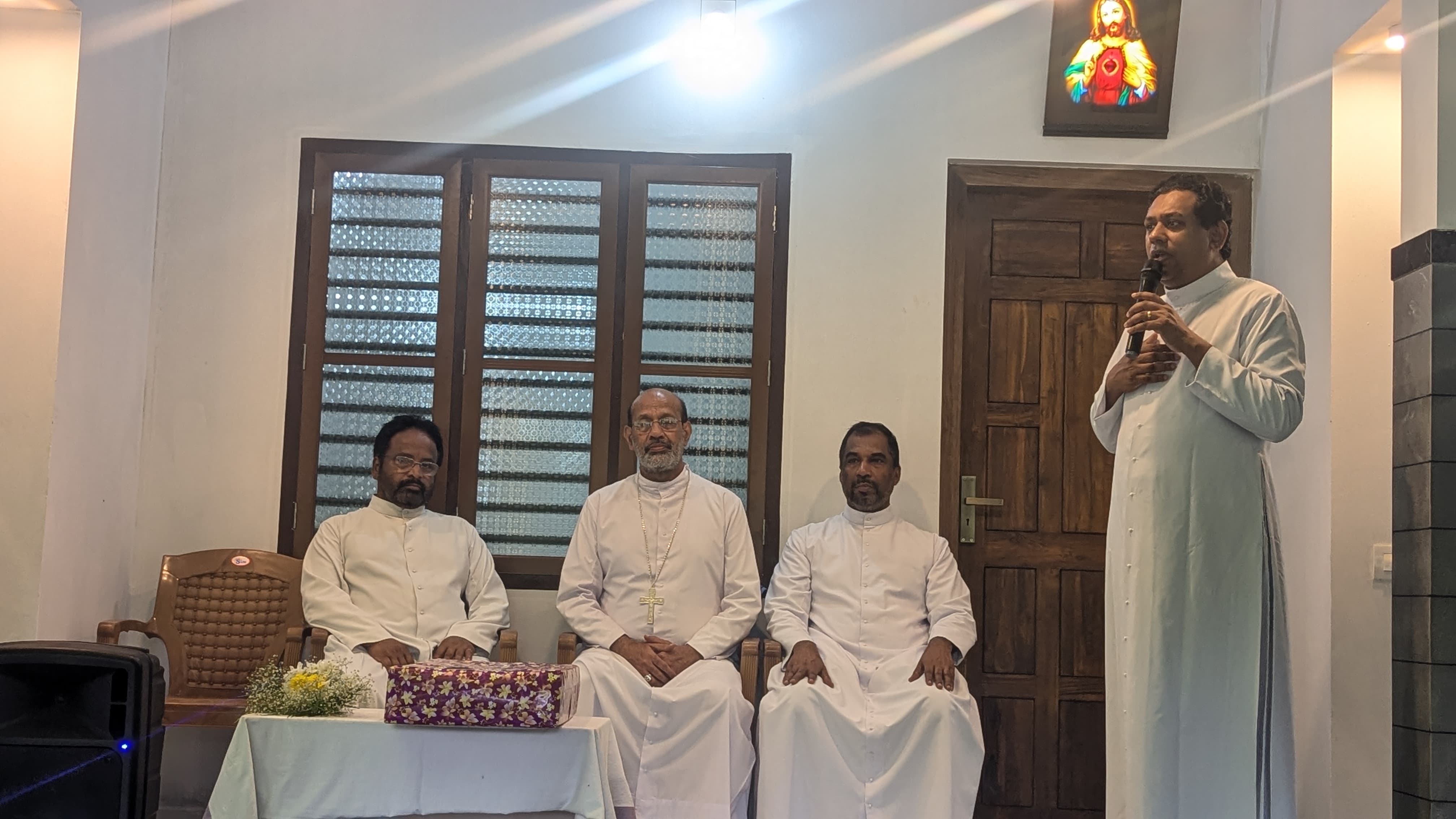Kozhikode: The rehabilitation efforts promised by the Kerala Catholic Bishops’ Council (KCBC) for families devastated by the Vilangad landslide in Wayanad are progressing steadily, bringing hope to communities that lost their homes and livelihoods. The KCBC Commission for Justice, Peace and Development (JPD), which leads the initiative, has already completed 15 houses in Vilangad and four in Wayanad, formally handing them over to beneficiaries. Although persistent rains initially hampered construction work in Wayanad, the improvement in weather has allowed the project to move forward with renewed speed and commitment.

According to Rev. Fr. Jacob Mavunkal, Secretary of the KCBC JPD Commission, the goal is to construct 128 houses by the end of this year, ensuring permanent shelter for all affected families. The cost of building each house in Vilangad has been estimated at ₹15–16 lakh, reflecting both the rising cost of materials and the quality standards maintained in the process. The KCBC has stepped in with direct financial support, granting ₹10 lakh per house to each diocese, while diocesan social service departments raise the balance through contributions and local partnerships.
The rehabilitation program has been divided among three dioceses that share responsibility for Wayanad’s landslide-affected regions. The Diocese of Bathery has undertaken the construction of 13 houses, purchasing land for the families in need and coordinating local resources. The Mananthavady Diocese is leading one of the most ambitious components of the project, building 50 houses, including a township-style settlement in Vazhavatta with 36 homes clustered together, 11 in a nearby locality, and three in scattered sites. Significantly, the diocese itself has purchased the land for this initiative, reflecting its deep commitment to the displaced families. Meanwhile, the Thamarassery Diocese, which includes Vilangad, has assumed responsibility for 65 houses, with 56 currently under construction on land donated by generous individuals and organizations.

The KCBC has committed to directly funding 100 houses, while the remaining 28 homes are supported through the contributions of other Christian organizations and charitable networks. This collaborative financial model has ensured that the mission remains sustainable, despite the scale of the undertaking. Importantly, the initiative has also embraced inclusivity, with two houses in Vilangad and around ten in Wayanad being built for non-Christian families, reaffirming that the Church’s commitment to service extends beyond religious boundaries.

For the families who have already moved into their new homes, the project has offered not just shelter but also dignity, stability, and a renewed sense of belonging. For those still awaiting completion, the sight of walls rising and roofs being laid brings hope that life after the tragedy is finally taking shape. The KCBC’s mission, born from compassion and guided by faith, stands as a testament to what organized relief and collective generosity can achieve when communities come together to rebuild lives from the ruins of disaster.